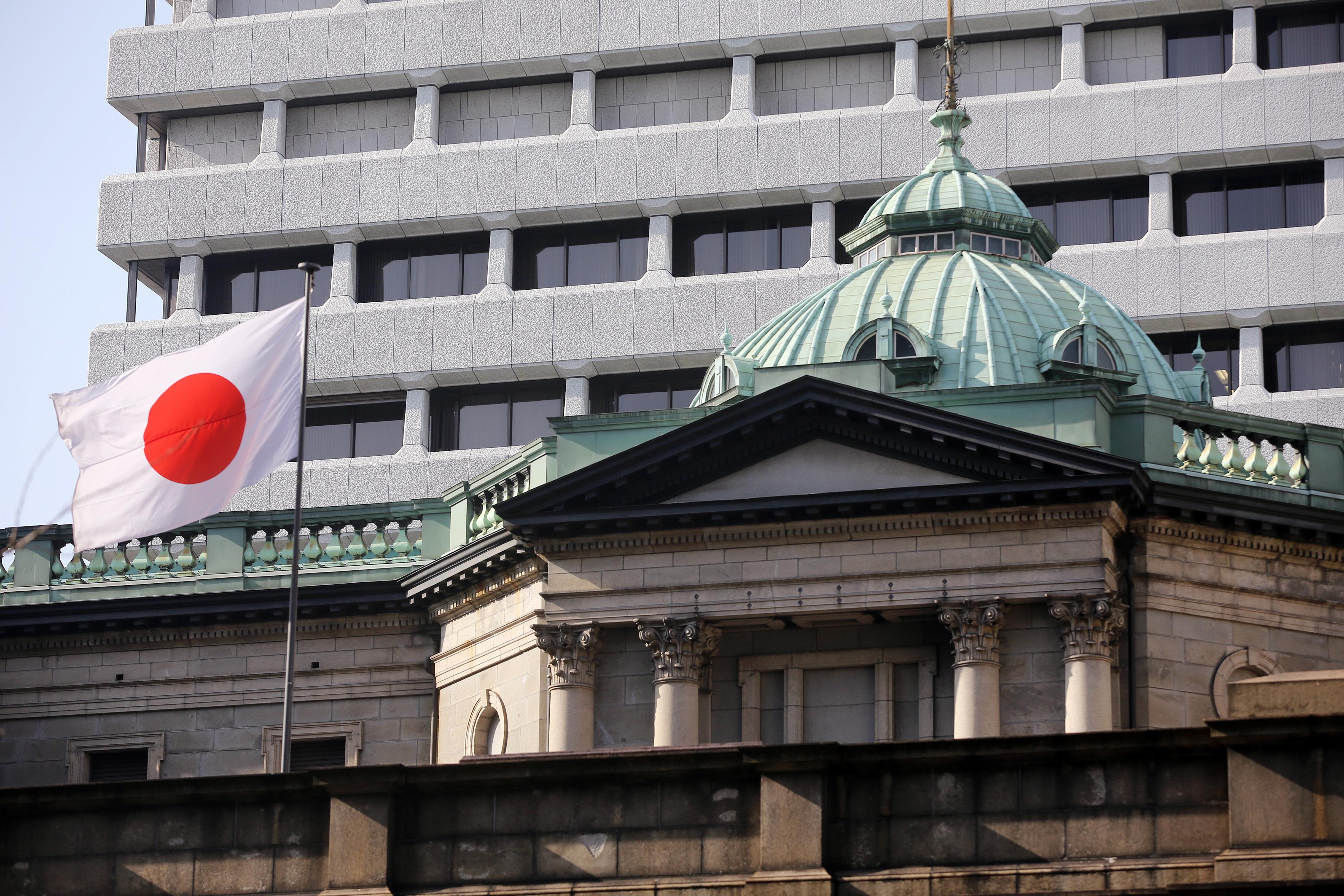Articles
BOJ Stands Pat on Ultra-Easy Policy Despite Recovery
According to Uchida, there is a chance that inflation will increase further, putting upward pressure on long-term interest rates. He noted that by letting yields to grow more freely, the BOJ could avoid generating dramatic movements in bond and currency markets.

BOJ Stands Pat on Ultra-Easy Policy Despite Recovery
CHIBA, JAPAN (Reuters) –The Bank of Japan's move last week to change its bond yield control policy was intended to make its huge stimulus more sustainable, not to signal an end to ultra-low interest rates, according to deputy governor Shinichi Uchida.
Uchida stated that there is still a long way to go before the BOJ's short-term interest rate goal is raised from the present -0.1%.
"We made our policy more flexible in order to patiently continue with monetary easing," Uchida added. "Needless to say, we have no intention of exiting monetary easing."
He said that the BOJ was willing to intervene to prevent rapid hikes in long-term interest rates, even before the 10-year bond yield reached the newly imposed 1.0 percent cap.
"Depending on the speed of the moves, we will step in to stop the rise," Uchida told reporters after meeting with business executives in Chiba prefecture. "I don't expect interest rates to rise dramatically if economic and price conditions remain roughly unchanged."
The BOJ has guided short-term interest rates at -0.1% and the 10-year bond yield at roughly 0% under a policy known as yield curve control (YCC). It also established a 0.5 percent tolerance range around the 10-year yield objective.
The central bank startled investors last week by changing YCC to let long-term interest rates to grow more freely in accordance with rising inflation.
While the bank's interest rate targets and tolerance band remained unaltered, it said it would now allow the 10-year yield to rise by up to 1%.
According to Uchida, there is a chance that inflation will increase further, putting upward pressure on long-term interest rates. He noted that by letting yields to grow more freely, the BOJ could avoid generating dramatic movements in bond and currency markets.
"Every policy has positive effects, but it always has costs." "There is no such thing as a free lunch in policy," Uchida said in a speech.
"As inflation expectations rise, not only the easing effects, but also the side effects, become stronger." "It's critical to strike the right balance between the two," he says.
Uchida said during the news conference that the BOJ does not have a defined schedule for raising interest rates.
"If economic and price conditions change in the future, we may need to respond." If they don't change much and long-term rates don't move much, our current policy is very strong," he said, implying that the BOJ was through fine-tuning YCC for the time being.
He also said that the BOJ
would maintain the yield goals until inflation reaches the 2% target in a
sustainable and stable manner.

